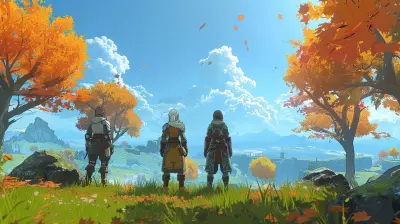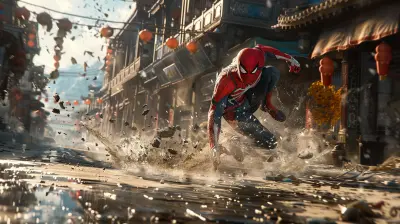Character Development in Fighting Games: Beyond the Battle
26 February 2025
When you think of fighting games, what’s the first thing that comes to mind? Probably a flashy combo, a devastating special move, or that salty moment when you yelled at your screen because someone "spammed" the same attack. It’s cool—we’ve all been there. But fighting games are more than just pixelated showdowns. Beneath the fireballs and uppercuts lies a hidden gem: character development.
Now, before you roll your eyes and think, “Character development? In a game where the plot is just punching people?” hear me out. Fighting games have a surprising knack for creating complex, relatable, and downright quirky characters that make us keep coming back, even after we've rage-quit for the fifth time. Let’s dive into how character development happens in fighting games and why it’s the secret sauce that elevates the experience beyond the battles.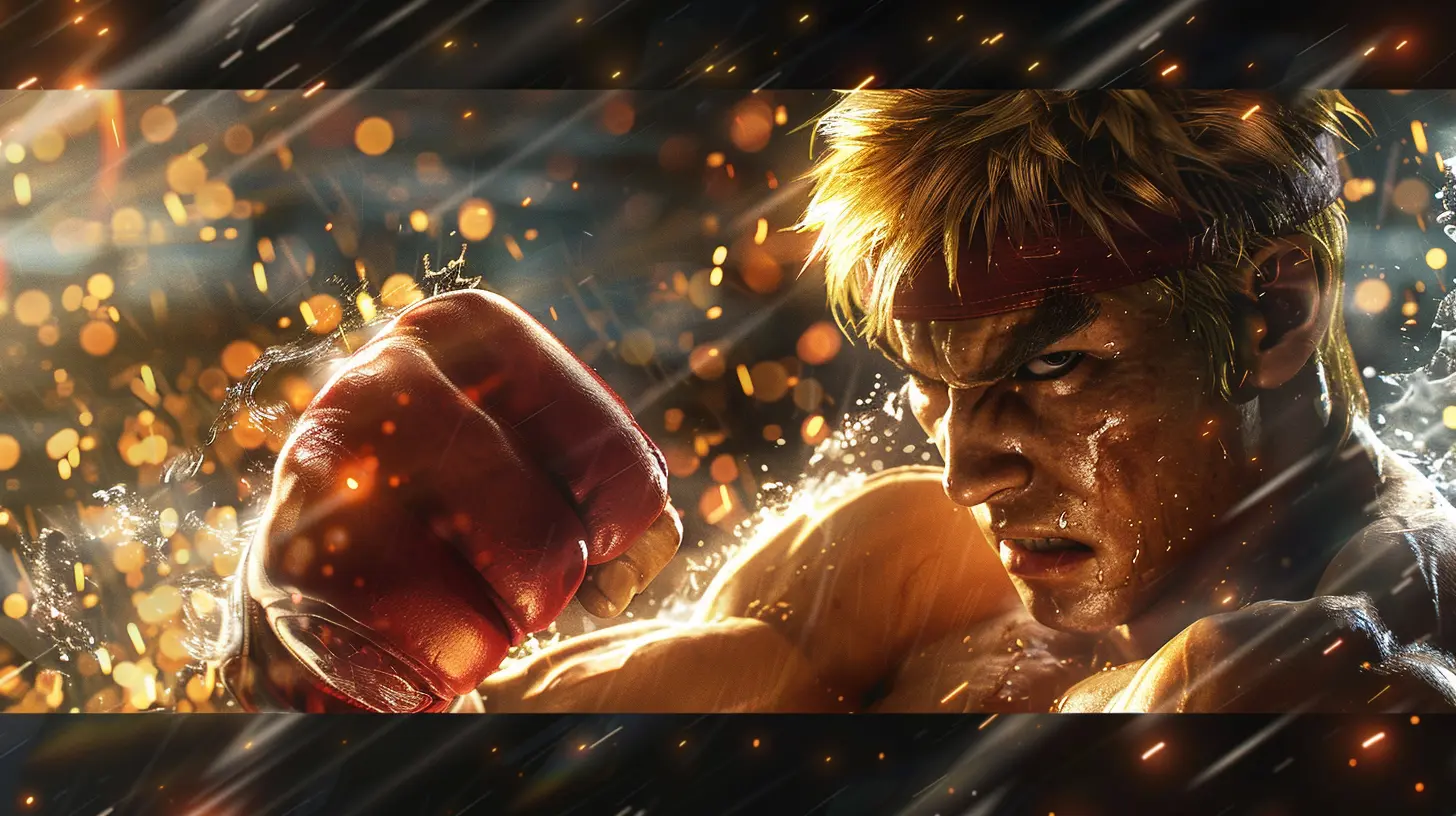
Why Character Development Matters in Fighting Games
Let’s face it—fighting games have always been viewed as the “fast food” of gaming. Quick matches, a shallow story (if any), and a focus on competitive play. But let’s ask the big question: why do we remember certain characters long after we’ve put down the controller? Think Ryu, Sub-Zero, Chun-Li, or King from Tekken. These aren’t just names—they’re practically legends in gaming.The reason? Character development. It’s what keeps them alive in our minds. These characters aren’t just tools for KO-ing opponents; they have stories, motivations, and personalities that make us care. Even if you’ve never touched Street Fighter, you probably know Ryu is a wandering warrior obsessed with self-improvement, or that Chun-Li is fighting for justice (and throwing some serious kicks while doing it).
Without character development, fighting games would feel hollow—just like going to a restaurant where all the plates are empty. No matter how fun the gameplay might be, it’s the characters that leave a lasting impression.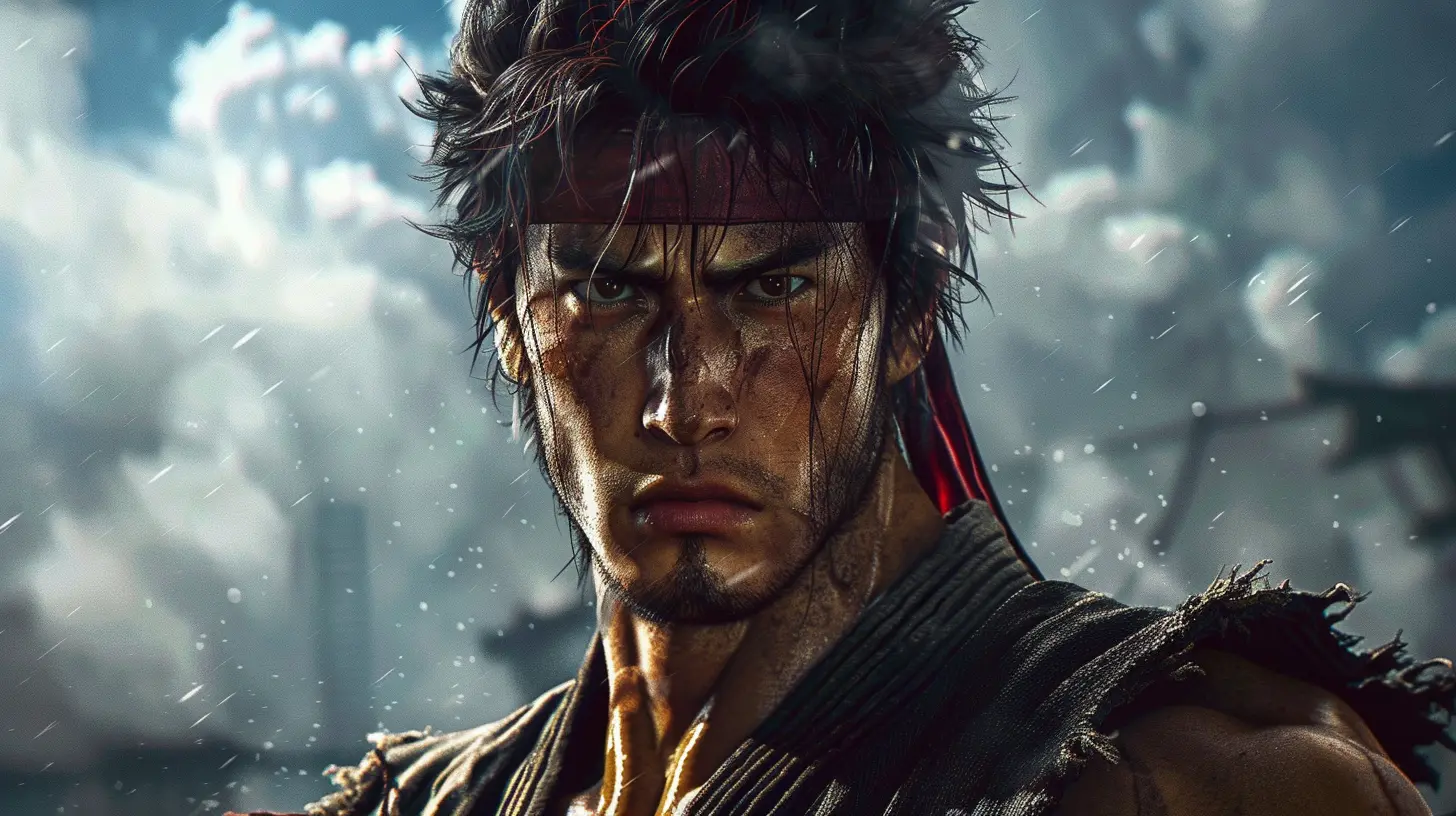
Story Arcs: The Heartbeat of Great Characters
There’s a reason why fighting game fans obsess over lore. Sure, lore might not seem super important when you’re crushing it in Mortal Kombat, but it’s the backbone of character development. Why is Scorpion perpetually pissed off? What’s Jin’s deal with all that brooding in Tekken? Lore answers these questions and gives characters depth.Origin Stories: The Building Blocks
Every great character starts with a solid backstory. Let’s think about Ryu for a second. He’s not just a dude in a white gi throwing Hadoukens for fun. His story is all about discipline and the pursuit of perfection—the kind of stuff that makes you want to root for him, even when you’re getting smoked by his uppercut.Backstories create context. Without them, characters would be as bland as unseasoned chicken. Can you imagine why Sub-Zero and Scorpion hate each other if you didn’t know about the tragic betrayal and murder that went down in their clans? Exactly. Origins give characters emotional weight—and let’s admit it, we’re suckers for a good revenge plot.
Growth and Redemption Arcs: Because Change is Cool
Another thing fighting games nail is showing how characters evolve over time. Take Tekken’s Kazuya, for example. He’s had more twists than a roller coaster—thrown off a cliff by his dad, becomes a devil, starts a corporation, and fights his own son. It's wild, but it makes him memorable. Growth (or total transformation) keeps players invested, like binging a Netflix series where you need to know what happens next.Redemption arcs are also goldmines for character development. Look at Mortal Kombat’s Scorpion. He starts as a vengeful wraith, hell-bent on revenge, but over time, he becomes a protector and regains his humanity. It’s satisfying, relatable, and reminds us that even in a world of fatalities, people (or flaming demon ninjas) can change.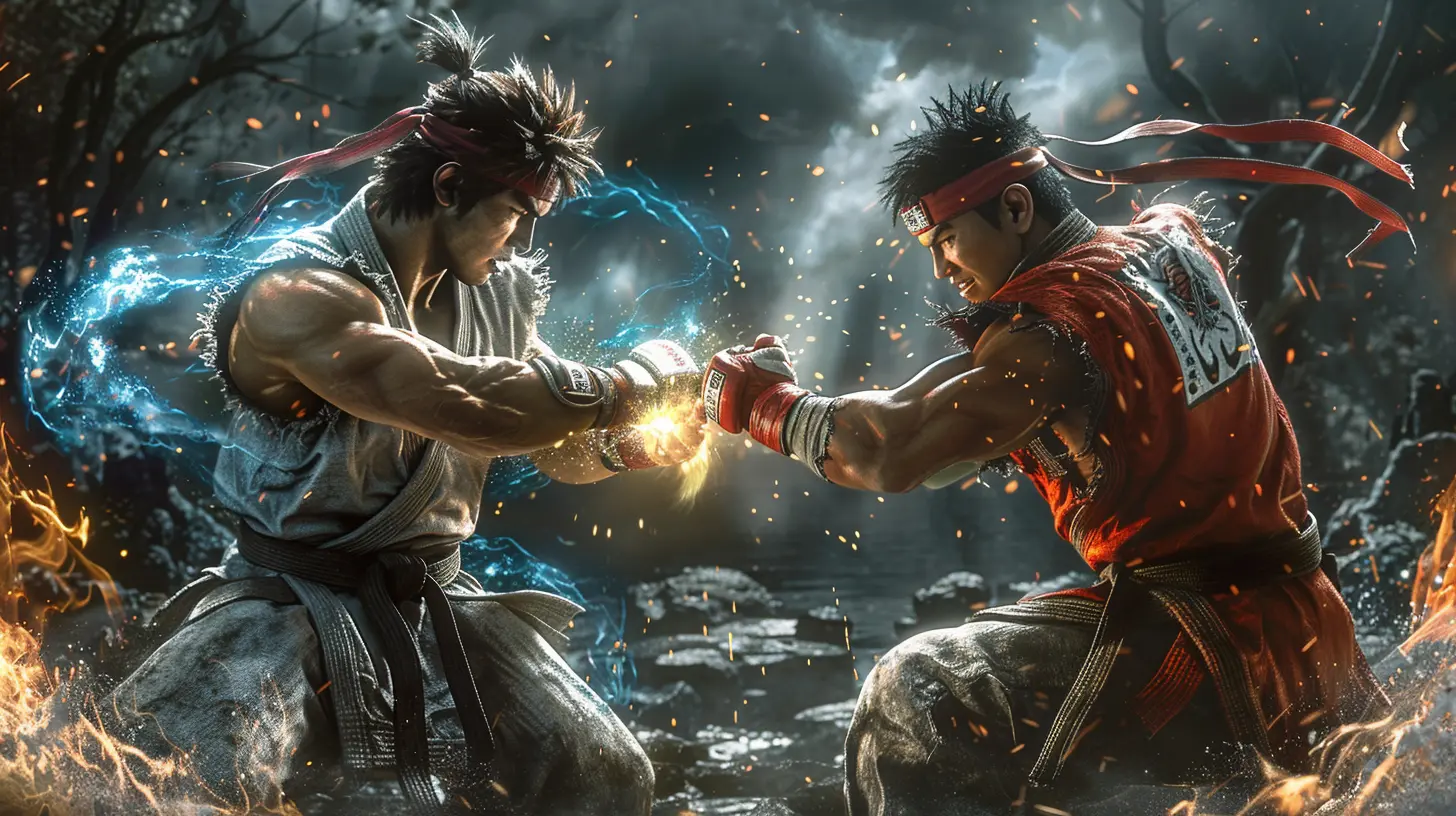
Personality: The Quirks That Make or Break Characters
Backstory and growth are great, but personality is where characters really shine. The best fighting game characters have quirks that make them unique—and let’s be honest, sometimes downright hilarious.Humor and Eccentricity
Take Dan Hibiki from Street Fighter. He’s a joke character, complete with goofy moves and over-the-top taunts. But that’s precisely why we love him—he’s unapologetically ridiculous. Or think about Tekken’s Kuma, a freakin’ bear who fights like a tank and, for some reason, has a rivalry with a kangaroo. Fighting games thrive on characters like this who break the mold. They’re the ones you pick when you’re in the mood to troll (or just laugh).Relatability and Human Flaws
On the flip side, some characters feel downright human. Chun-Li isn’t just an Interpol agent—she’s someone struggling with loss, trying to honor her father while doing the right thing. Characters like her remind us that even in a world of spinning bird kicks, people deal with real emotional conflicts.Relatable flaws are the secret ingredient here. Even someone as overpowered as Ryu struggles with controlling the dark powers of the “Satsui no Hado.” It’s that vulnerability that makes players connect with characters on a deeper level.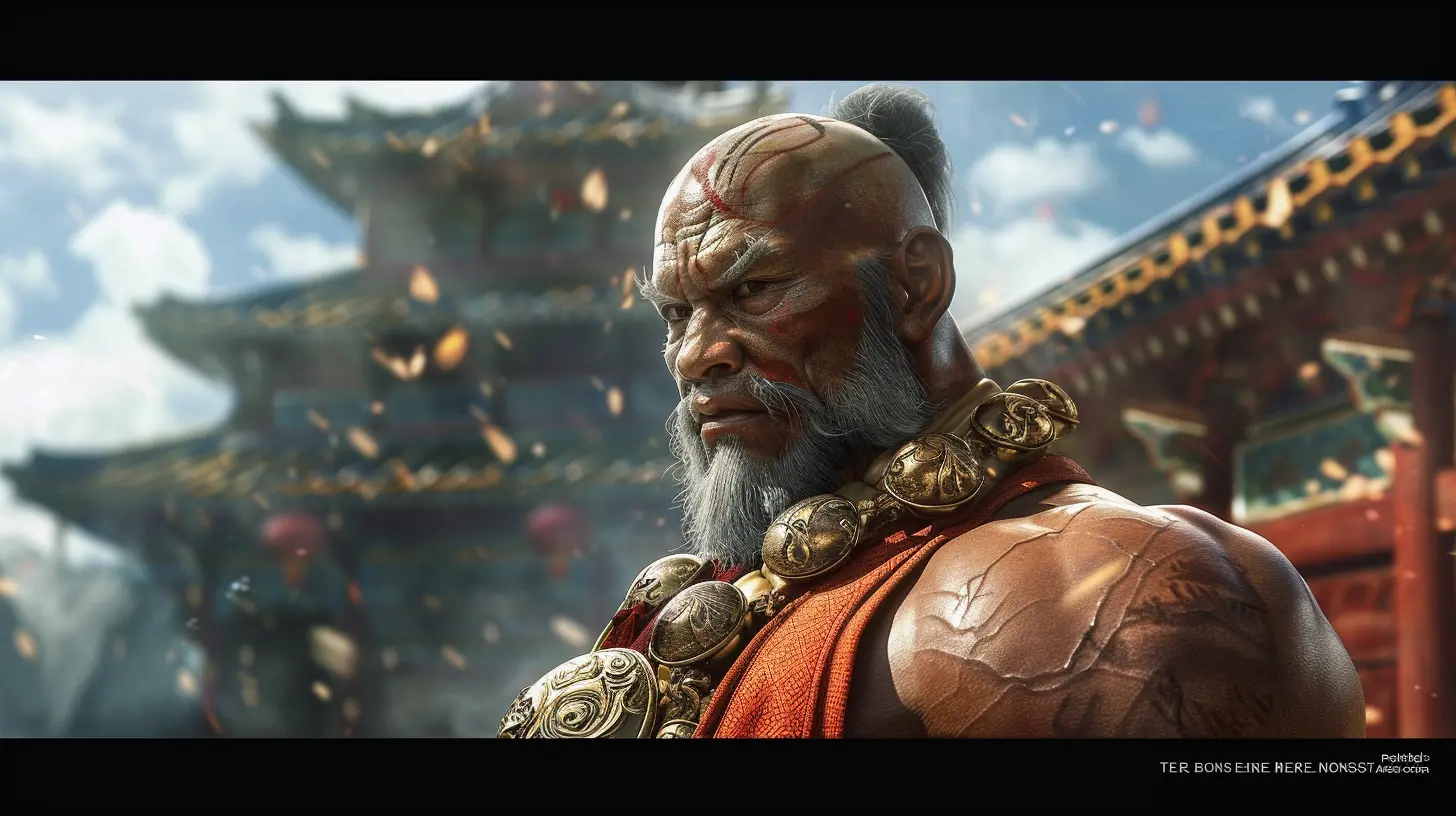
Design Speaks Louder Than Words
Character development isn’t just about backstory and personality—it’s also baked into their design. A character’s appearance, voice, and fighting style all speak volumes about who they are.Visual Design: The First Impression
The moment you see Akuma’s glowing red eyes and menacing kanji on his back, you know he’s not messing around. Similarly, King’s lucha-libre mask and flamboyant wrestling moves scream confidence and flamboyance. Fighting game developers are like fashion designers—they know how to use visuals to tell a story. Every design detail, from hair color to the way they stand, adds a layer of personality.Fighting Style: The Ultimate Expression
A character’s fighting style is like their signature move—it defines them. Take Eddy Gordo from Tekken. His Capoeira moves are flashy, fluid, and impossible to predict, which mirrors his carefree, unpredictable nature. Fighting styles don’t just serve as gameplay mechanics; they’re an extension of the character.Let’s not forget special moves. A Hadouken isn’t just a cool projectile—it’s an embodiment of Ryu’s disciplined and focused personality. On the flip side, Blanka’s electrifying roll attacks aren’t just chaotic—they reflect his wild, untamed nature.
Representation and Diversity: Why It Matters
Fighting games have been pioneers in representing diverse characters. Whether it’s Dhalsim, a yoga master from India, or Elena, a Kenyan capoeira fighter, the genre has always celebrated global cultures. Sure, some characters might lean on stereotypes (looking at you, early 90s), but the diversity in fighting games is unmatched and has only improved over time.Representation isn’t just about where a character is from—it’s about making players feel seen. Imagine the joy a young player feels when they pick Chun-Li and realize she’s not just any fighter—she’s one of the most iconic women in gaming. Diversity isn’t just the sprinkles on the cake; it’s the whole dang batter.
Emotional Attachment: Why We Keep Coming Back
Let’s be real—fighting games have no business being this emotional. And yet, how many of us have teared up during story cutscenes or felt a pang of regret hitting that “Finish Him” button in Mortal Kombat? Good character development makes us care. We feel invested in their journeys, their rivalries, and even their pain.This emotional attachment is exactly why every Tekken fan knows the Mishima family drama better than their own family tree. Or why Street Fighter fans can list every step of Ryu and Ken’s bromance-turned-rivalry. Fighting games might not have the sprawling narratives of RPGs, but when they hit those emotional beats, they hit hard.
Final Thoughts: Beyond the Battle
At the end of the day, fighting games are about, well, fighting. But when developers go the extra mile to craft compelling characters, they create something magical. They make games that aren’t just fun—they’re memorable. They make us laugh, cry, and throw our controllers (all in a good way).So next time you’re about to pick your fighter, take a moment to appreciate the depth behind those pixels. Because whether you’re a button-masher or a combo god, it’s the characters and their stories that make the fight worth it.
all images in this post were generated using AI tools
Category:
Fighting GamesAuthor:

Jack McKinstry
Discussion
rate this article
5 comments
Sable Chapman
Who knew that behind every epic uppercut and dazzling combo lies a story richer than a triple-layer cake? 🎮🎂 From rivalries to friendships, fighting games serve up character arcs that not only knock out opponents but also tug at our heartstrings. Let’s get ready to rumble... emotionally!
April 7, 2025 at 3:26 PM

Jack McKinstry
Absolutely! Fighting games offer profound narratives that deepen our connection to the characters, making each battle more than just a fight—it's an emotional journey.
Atlas McLemore
Unlocking depth adds richness to gameplay experience.
March 14, 2025 at 3:55 AM

Jack McKinstry
Absolutely! Depth in character development enhances player engagement and makes the story and motivations behind each fighter more compelling, enriching the overall gameplay experience.
Coral Tucker
Intriguing perspective! How do you think character backstories influence player choices and emotions in fighting games beyond just gameplay mechanics?
March 6, 2025 at 5:38 PM

Jack McKinstry
Character backstories enrich player connection and investment, deepening emotional engagement and influencing choices by creating relatable motivations and conflicts that extend beyond combat mechanics.
Vito Thomas
This article insightfully explores how character development enriches fighting games, adding depth and narrative that enhance player engagement beyond combat.
March 3, 2025 at 3:45 AM

Jack McKinstry
Thank you! I'm glad you found the exploration of character development in fighting games engaging and insightful. It truly adds another layer to the gaming experience!
Maxwell Flores
This article insightfuly explores character development in fighting games, emphasizing narrative depth and emotional resonance. By examining backstories and motivations, it highlights how these elements enrich gameplay, fostering player investment beyond mere mechanics, ultimately enhancing the overall gaming experience.
March 1, 2025 at 4:15 PM

Jack McKinstry
Thank you for your thoughtful comment! I'm glad you found the exploration of character development and its impact on player engagement insightful.

